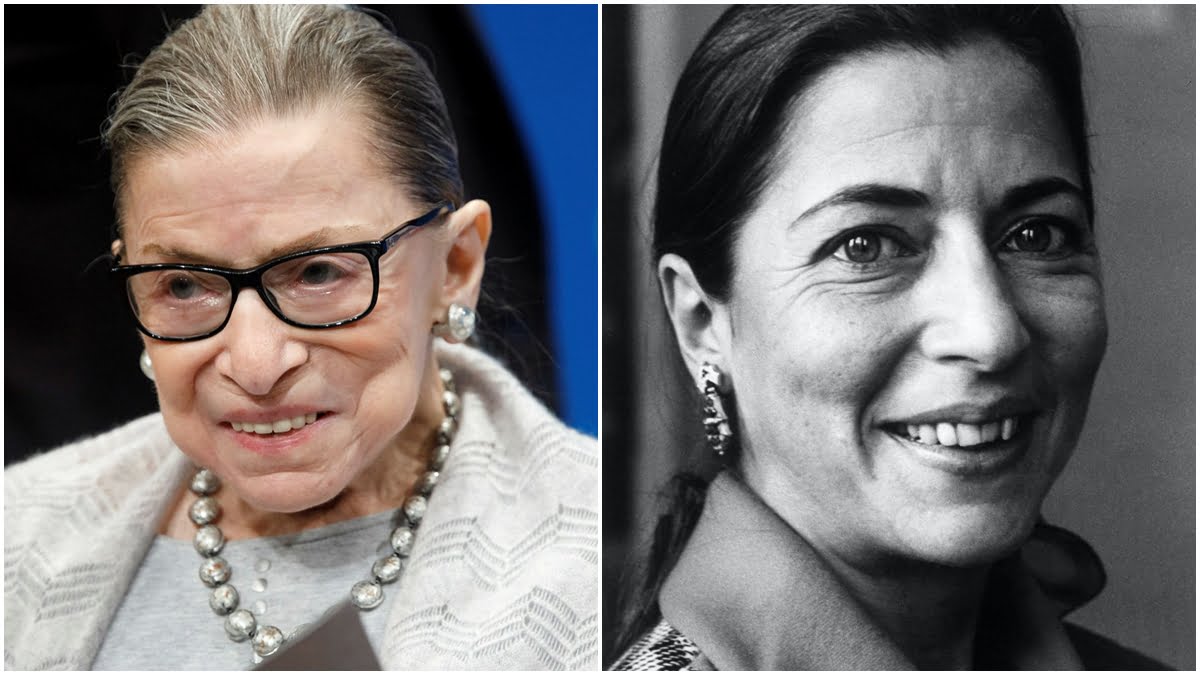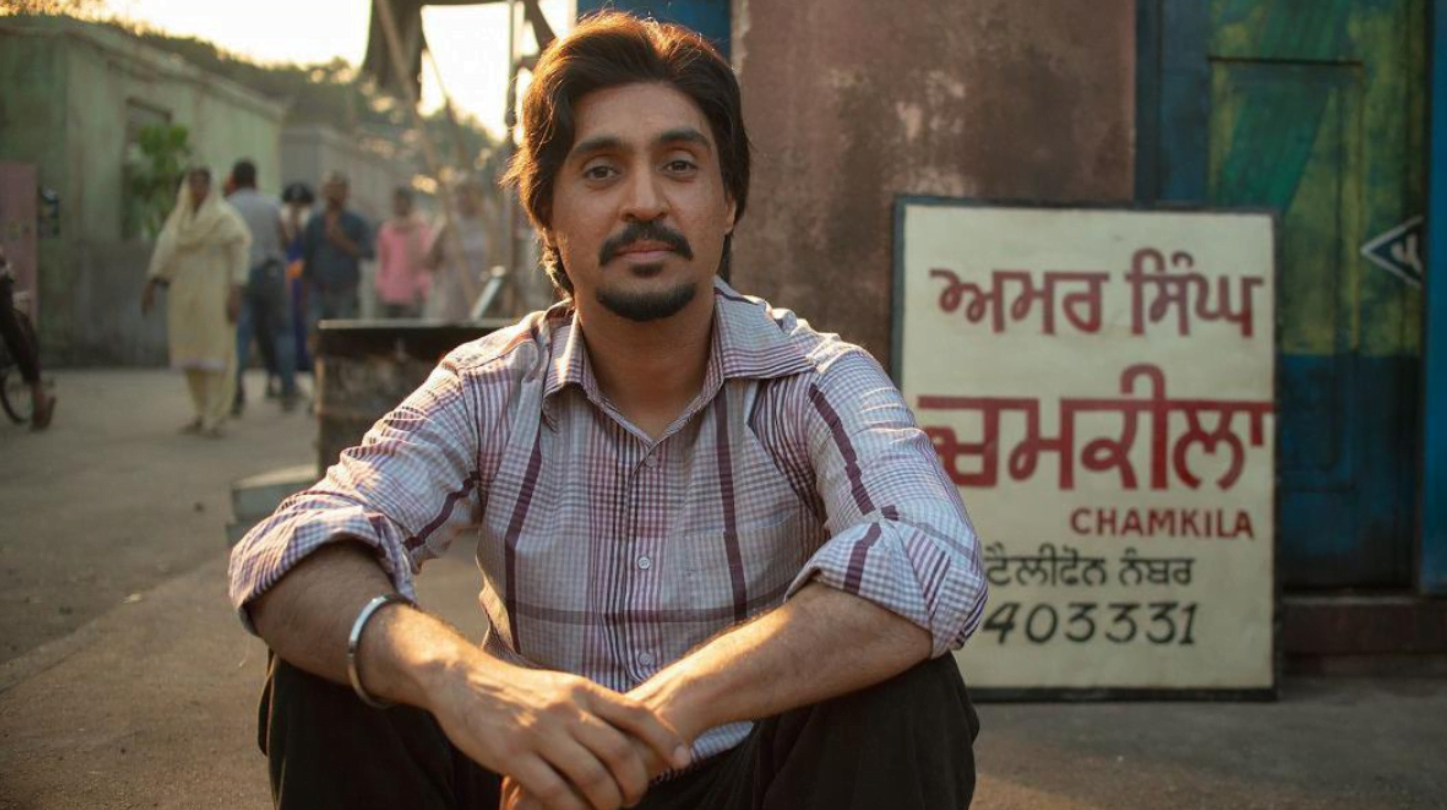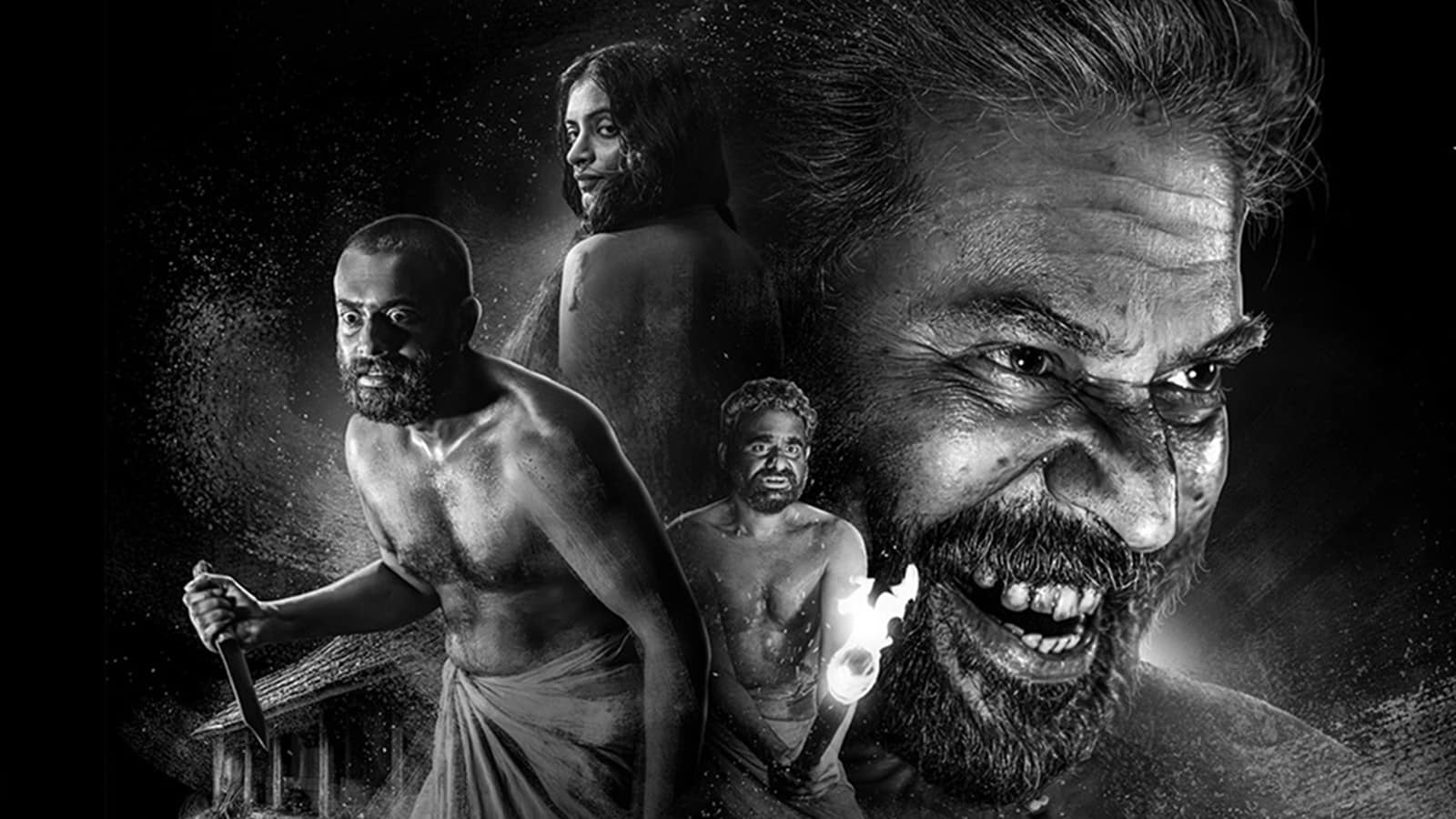RBG is a 2018 Oscar nominated documentary film available on Netflix that portrays the life and career of liberal icon Justice Ruth Bader Ginsburg. RBG opens with remarks raised by many political figures ranging from Rick Wiles who calls Ruth Bader Ginsburg one of the most vile human beings, to Donald Trump referring to her as an absolute disgrace to the Supreme Court.
RBG opens with remarks raised by many political figures ranging from Rick Wiles who calls Ruth Bader Ginsburg one of the most vile human beings, to Donald Trump referring to her as an absolute disgrace to the Supreme Court.
The documentary explores the soft demeanour of Ginsburg, bringing into light the journey of a legendary legal jurist in a male centric American society. RBG captures the challenging journey of Ruth Bader Ginsburg from being a student at Ivy League law schools in America to becoming the source of inspiration to those fighting for justice.
Also read: Who Is Sojourner Truth? (1797-1893)
As the story progresses, it becomes obvious that her equation with bringing a social change is not limited to women’s issues but against the indignities of human rights in general.
RBG shows how the case in which Ruth Bader Ginsburg represented a widower client during the time she worked as a lawyer is an example of how much she cared about equal justice.
She represented a man whose wife had died in childbirth and was unable to receive welfare fund to care for his child because the legal act permitted widows but not widowers to collect special benefits for raising the child. This case prompted courts to subject gender classifications to scrutiny and re-examine the Equal Protection Clause of the Fourteenth Amendment.
One of the resounding arguments of the feminist movement, that feminism is about equity and not equality, would positively resonate among the audience while absorbing the life of U. S Justice Ruth Bader Ginsburg in RBG.
Author Susanne Gerav comments that, “Feminism is used by some as an insult, where girls and young women in particular, are intimidated with fears of being typecast as a “feminazi”, ice maiden, man-hater, aggressive and other negative stereotypes’’.
Ruth Bader Ginsburg goes on to explain that feminism is about gender equity. It is never about men against women; it is about human rights issues where men and women should have equal opportunity and choice. RBG portrays the endearing qualities of Ginsburg and perhaps leaves a lesson that it is possible to fight against injustice with dignity and grace.
The documentary RBG reflects that dissent can come from a petite stature and yet be powerful in empowering people around them. Ginsburg in the film RBG reveals the two pieces of advice that her mother gave her–be a lady, which meant not giving in to seemingly unnecessary emotions, such as anger. And be independent, which meant to be prepared to fend for yourselves.
It is enjoyable to bask in the magnificent journey of RBG beyond the gamut of her legal legacy and get a glimpse into her love for opera, intense fitness regimen and marriage. RBG chronicles the companionship that Ruth Bader Ginsburg shared with her husband Martin Ginsburg which is based on mutual respect and care.

Throughout the movie it is evident that Ruth’s relationship with her spouse differed from what might have been the norm at the time. Martin Ginsburg is not just a supportive and humorous husband but an insinuating friend and a fellow legal admirer. The note that Martin left behind before he died reads – My dearest Ruth, you are the only person I have loved in my life, setting aside a bit, parents, and kids, and their kids. I have admired and loved you almost since the day we met at Cornell some 56 years ago. This extraordinary love story is truly heart-warming and inspiring to every person in a relationship.
Ruth Bader Ginsburg’s relationship with her colleague Antonin Scalia is true to her genial personality. Scalia and RBG shared opposing views on legal and ideological matters but got along well together as friends. The two went on trips together and were popularly referred to as the ‘odd couple’.
At a time where political ideologies polarise relationships, Ruth’s ability to maintain friendship with people who hold opposing views is remarkable. She emphasised maintaining a congenial relationship with her colleagues and shook hands with each of her bench mates before the court sessions.
Beyond the persona of the ‘Notorious RBG’, Ruth Bader Ginsburg had the ability to compartmentalise personal and professional relationships beyond her ideologies. This indeed is a reminder that at a time where battle-lines are drawn between families and friends over political ideologies, Ruth’s life is a testament and an indication that – it is possible to lead a congruent life with people having polarising political standpoints.
RBG was premiered at the 2018 Sundance Film Festival and largely received positive reviews. Director Betsy West and Julie Cohen brilliantly arrests the legacy of the second female Supreme Court of the United States Associate Justice.
Also read: Netflix’s ‘Stateless’ Proves Its Relevance To The Historical Protests Against CAA
RBG interviews her family members, colleagues, friends, feminist icons and youngsters who see her as a pop culture figure, blaring – No Truth Without Ruth.
All in all, the documentary encapsulates the unyielding commitment that Ruth Bader Ginsburg carried for equal justice and human rights at large. RBG interviews her family members, colleagues, friends, feminist icons and youngsters who see her as a pop culture figure, blaring – No Truth Without Ruth. The documentary finely captures the compelling story of Ginsburg whose very existence is larger than life.
RBG ends with an anthem I’ll fight performed by Jennifer Hudson dawning the realisation that is the end of not just a film but an era for all liberals around the world.




